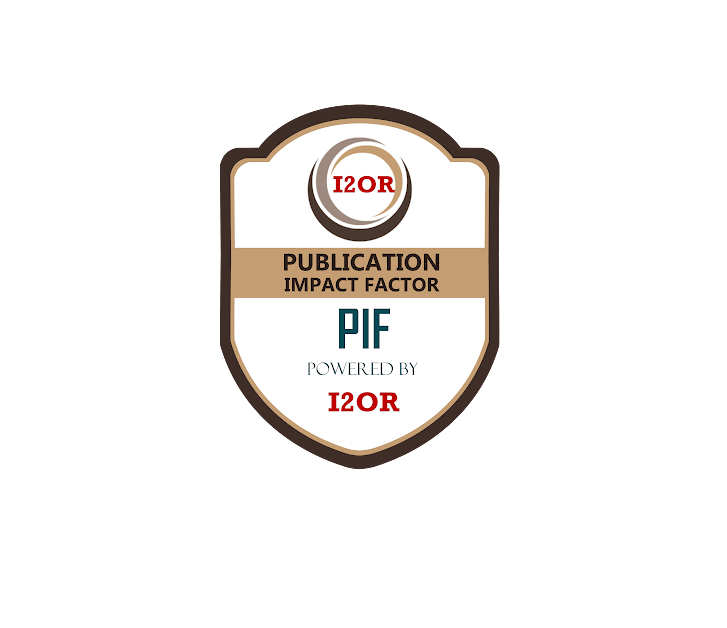A look at the scientific journals of Brazil
Scientific articles have been a tool for disseminating the research and development work of great scientists for more than five centuries. These journals had their dissemination carried out physically, that is, printed until the mid-2000s, when they began to be published digitally, via the Internet, through specific websites and own platforms, an example is that of Open Journal Systems, which gives publishers and universities a free program to disseminate their research work.
With the change of platform, the articles began to be more accessed and the whole process more democratic. The print magazine limited access to information, even by its format, that could not be anywhere at the same time, unlike the online magazine that is available at all times, free of charge anywhere in the world that has an Internet signal. And it is important to highlight that the cost of a printed journal is ten times higher than the online magazine, so it is noted that with the democratization of access, we also recorded the increase of more articles being published, with the inclusion of regional particularities, which was not possible before.
According to CAPES (2020), we have registered 26,000 journals in its database today, with approximately 10% of them being journals without any record, indexation or impact factor, only acting in the market for financial gains, leaving aside its main role that is to disseminate high-level scientific research. This CAPES database, which was created with the objective of qualifying publications in its stricto sensu programs, ended up being mistakenly used in the classification of journals in Brazil, leaving aside the most important indicators, which are: impact factor of the journal and indexations, qualitative used in all countries of the world , with the exception of Brazil. I hope that CAPES, finds a middle ground to solve such an issue that has been causing a malaise among journals, especially international ones that have a high impact factor, but do not have Qualis, which ends up being an injustice, caused by this Brazilian "jabuticaba".




















































